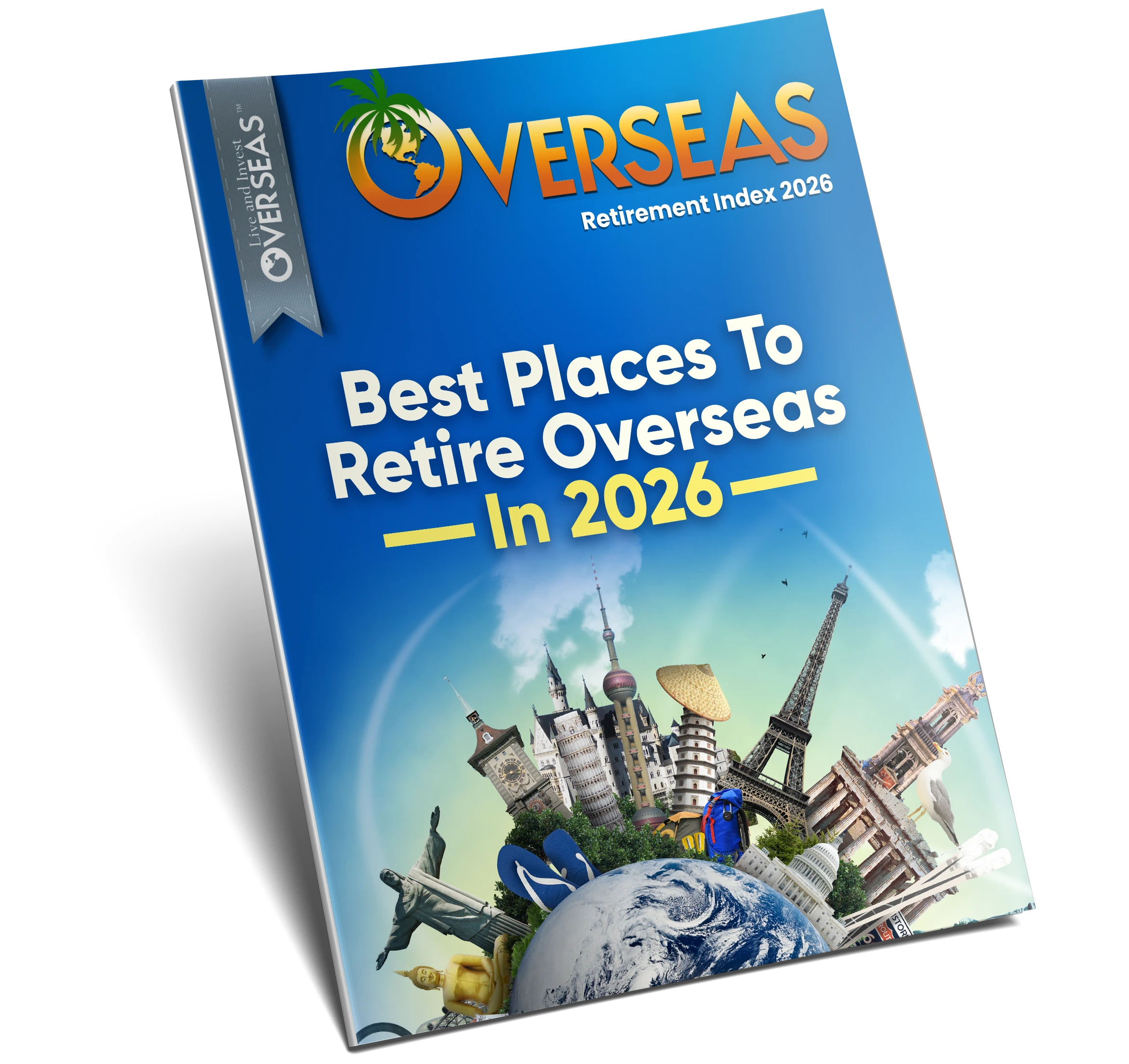Why would you want to establish residency in another country?
Two Reasons
First, you might want to become legally able to be physically present in another country (that’s what “establishing residency” amounts to) because you want to stay in the country beyond the period allowed a tourist.
That is, the obvious reason to become a resident of a country is because you want to live in that country. In this case, your choice of where to establish residency is clear. You want residency in the place you want to call home.
Some countries make it difficult for foreigners to take up full-time residence. New Zealand, for example, isn’t interested in more foreign residents… so they’ve made the requirements to qualify for residency intentionally restrictive.
However, many countries—including the ones that we put on your radar in these dispatches—roll out the welcome mat, offering residency options that come with discounts, tax breaks, and other benefits for those who qualify.
Once you know where you want to live, you should meet with an attorney in that country who specializes in helping foreigners become full-time residents. He or she will walk you through your (sometimes many) options and help you choose the one that best matches your circumstances, priorities, and objectives.
As I mentioned, however, there’s other reason you might want to establish residency in another country.
In this case, we’re talking about what we refer to as a “backup residency.”
Backup residency is the right to show up and stick around in a country at some point in the future should life become unpleasant or unbearable in the place you’ve been calling home until that point.
Backup residencies come in two forms—those you qualify for by making an investment and those you qualify for by showing guaranteed minimum monthly income and that (critically) don’t require you to actually live full (or most of the) time in the country.
Currency conversion at today’s exchange rate.
Here are your best current options in each case…
Join us January 8. for our annual global index reveal.
Lowest Minimum Investment Requirements
The concept for these backup residency programs is simple:
Invest in the country, get residency.
Note that these programs are different from citizenship-by-investment programs. Invest-for-citizenship program typically require an “investment” that is really a donation to the state coffers.
Colombia, Panama, Nicaragua, the Dominican Republic, and Ecuador all offer invest-for-residency visa options.
At the current rate of exchange between the U.S. dollar and the Colombian peso, you can qualify for Colombia’s invest-for-residency program with an investment of as little as US$23,000. That’s your most affordable option in this residency category.
Best Options To Establish Residency: Lowest Monthly Income Requirements
One of the easiest residency options for the would-be retiree overseas can be a pensionado, or retiree, visa, if you qualify. You qualify by showing a monthly pension or, in some cases, other guaranteed monthly income. Panama, Colombia, Ecuador, Nicaragua, and Belize all offer pensionado visa programs (the program is known as the Qualified Retirement Program, or QRP, in Belize).
The minimum monthly income requirements for these pensioner programs are as follows:
- Colombia: US$875 per month at the current exchange rate between the U.S. dollar and the Colombian peso
- Ecuador: US$1,350 per month
- Panama: US$1,000 per month
- Nicaragua: US$1,000 per month
- Belize: US$2,000 per month
Quickest For Obtaining Citizenship
Not all residency programs put you on a path for citizenship, and you should note that no pensionado residency program puts you on a path for citizenship (despite what some attorneys in some countries might tell you).
The current best residency-for-citizenship programs include those available in:
- Dominican Republic (where you can apply for citizenship after six months of legal residency)
- Paraguay (where you can apply for citizenship after three years of residency)
- Ecuador (where you can apply for citizenship after three years of uninterrupted residency)
- Uruguay (where you can apply for citizenship five years after filing for residency or only three years after filing for residency in the case of a family applying together).
Most importantly, when you find a residency visa program that works for you, act on it.
Until next time,
Kathleen Peddicord
Founding Publisher, Overseas Opportunity Letter












